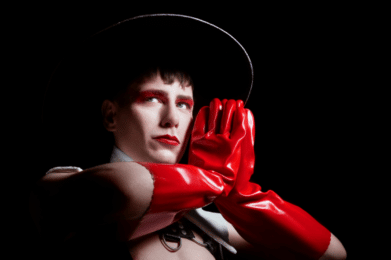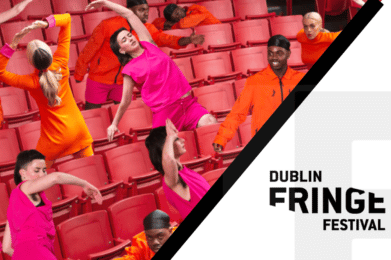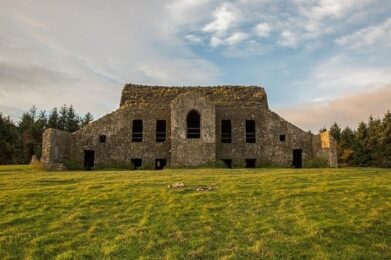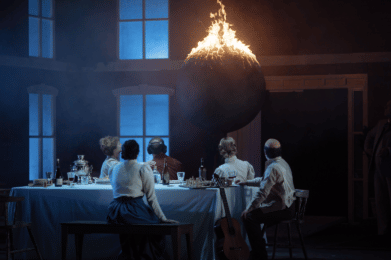The Boy Who Never Was: Reflecting on Queer Erasure through an Imaginative and Self Aware Adaptation of Icelandic Literarture
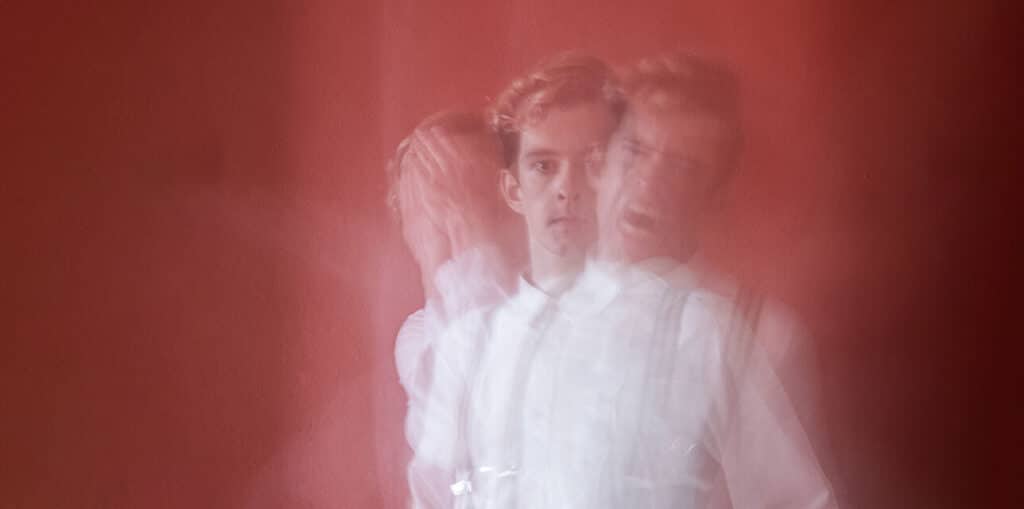
Feidlim Cannon and Gary Keegan, of Brokentalkers, first approached the author, Sjón, in 2018 to discuss the possibility of adapting his novel Moonstone: The Boy Who Never Was back in 2018. The Boy Who Never Was was presented at the Samuel Beckett Theatre until 16th October 2022 as part of the Dublin Theatre Festival.
There was no way to anticipate the events of the last three years but a play adapted from a novel that is set in 1918 Iceland against the backdrop of a volcanic eruption, a European war, a global pandemic and a fuel shortage, has a particular relatability for contemporary audiences. The Boy Who Never Was tells the story of Máni/Peter, played by Konstantin Stanchev, a gay teenager who finds solace and financial sustenance in the back streets of Reykjavík. Also a cinephile, Máni shares his time between the town’s two cinema houses and finds escape and enchantment in the stories played out on screen.
The play adopts a circular narrative, it begins at the end with the entrance of the Poole Group; a trio of experimentalist creatives whose class privilege allows them to move through the world freely as their true selves. This is an entitlement denied to Máni as an orphaned misfit, who spent a year of his childhood in the leprosy hospital, a fact he promised never to share with anyone. The Poole group go on to treat Máni as their subject, discovering his origins and desires as a gay young man living on the periphery of a small, intolerant society. The production is highly self aware, its hilarity and pathos is achieved through the character’s poking fun at the overt homophobia of society through an irreverent musical mashup and self-referential paranoia surrounding Covid. Each scene rolls seamlessly into the next, while offering the audience the joy of an unexpected and clever narrative.
The production uses lighting, cameras and projection to create a dreamlike impression which consciously engages with the construction of narrative. These evocative techniques directly correlate to the act of storytelling, in particular the stories which are preserved by history and the ones that are subject to erasure. Arguably the centre of the production is the concept of queer identity, the stories of queer individuals that have been erased from the collective consciousness and the damage this inflicts on indidividauls and society.
The Boy Who Never Was is at times surreal and fantastical, which the audience gathers is a reflection on Sjón’s novel, and it is clear that Cannon and Keegan were intent on portraying this tone in their adaptation. In the post show theatre talk they refer to Sjón’s advice to young writers to follow what interested and excited them in childhood,it is evident that the production was created with this idea in mind. The performance is full of imagination, playfulness and camp interactions between the characters, despite the underlying brevity of the subject matter.
Funded by The Arts Council | An Chomhairle Ealaíon , The Ireland Funds and Culture Ireland.
View the Dublin Theatre Festival 2022 Programme now.
Dublin Theatre Festival is principally funded by the Arts Council. They have a rich history, with much to celebrate, but what we are most excited about is what is yet to come. In the future, we want to see more people participating in culture and more artists creating bold new work that challenges and inspires.
Twitter: @DubTheatreFest | Facebook:@DublinTheatreFestival | Instagram: @dublintheatrefestival
Latest Exhibitions
Harry Clarke’s – Stained Glass
Staying with the Trouble

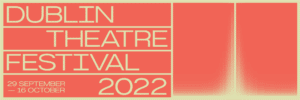


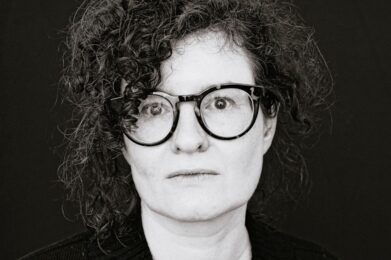
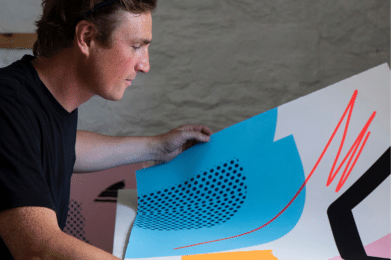


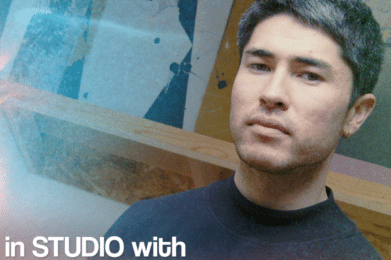

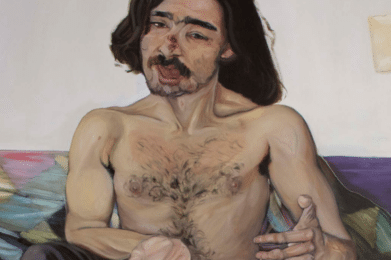

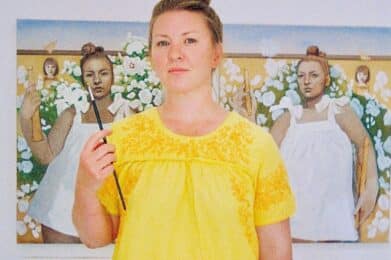
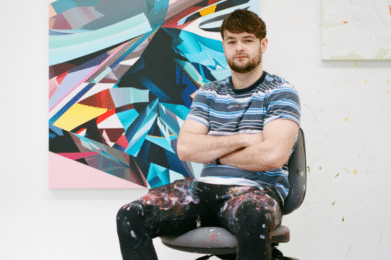

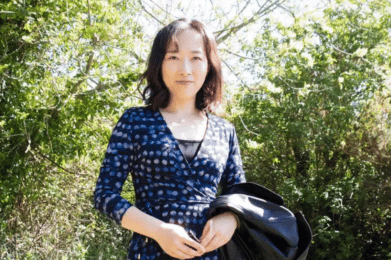

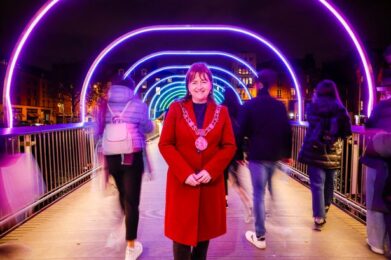

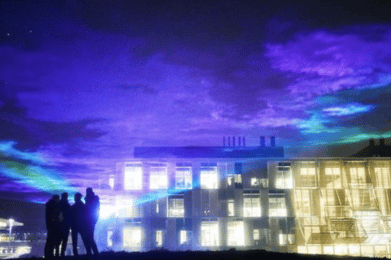

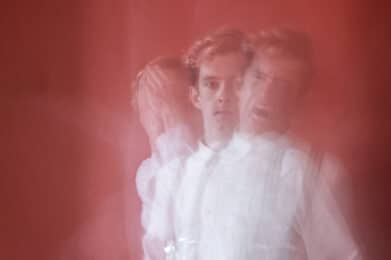
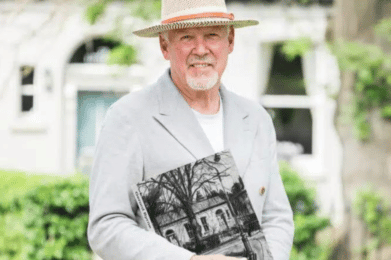

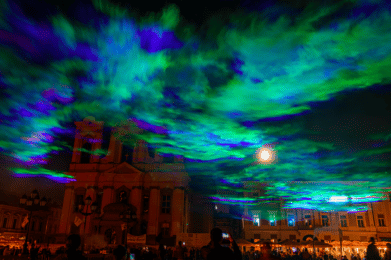
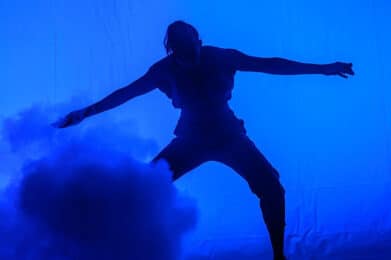
![Conversation with Maser: “I found graffiti definitely was the vehicle for me to be able to really explore what I wanted to do, meet similar peers that had the same sort of mindset as me […]”](https://dublinartlife.com/wp-content/uploads/2022/09/DAL-Interview-4-391x260.png)
